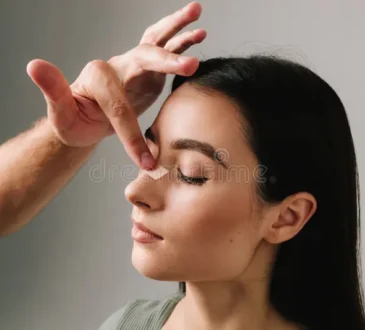
Hormones regulate almost every process in the human body: everything from metabolism and energy to mood, sex drive, and sleep. Disbalance in hormone levels can disturb life greatly, either by ageing or conditions beneath it. That is where Hormone Replacement Therapy (HRT) comes up.
What Is Hormone Replacement Therapy?
HRT is often defined as the therapy by which the patient’s body is supplemented using bioidentical or synthetic hormones to offset and often correct hormonal deficiencies or imbalances. This may include the following examples:
- For women: Estrogen and progesterone therapy, commonly offered to menopausal or perimenopausal females.
- Men: Testosterone therapy: usually for men suffering from Low T (testosterone deficiency), although some women may also benefit from it.
- Thyroid hormone: for hypothyroidism
- Growth hormone therapy: in a few exceptional cases, whether because of aging or metabolic support
How HRT Works?
Usually, a well-qualified provider will perform blood tests, and then, upon consulting through test results, create an individualized treatment plan based on hormone deficiencies. HRT can be given in different forms that include:
- Pills or capsules
- Creams and gels
- Patches
- Placed under the skin through implanted pellets
- Injections
This gets replicated as closely as possible using bioidentical hormones that match your body’s chemistry within your natural hormone production system.
Common Signs of Hormonal Imbalance
You may qualify for HRT if you are experiencing:
For Women:
- Flashes of heat with night sweats
- Emotional instability or anxiety
- Dry vagina or minimal sexual desire
- Lack of energy or brain fog
- Irregularity of menstrual cycles or absence thereof
For Men:
- Decreased energy and enthusiasm
- Reduced muscle mass or strength
- Weight gain around the abdomen
- Erectile dysfunction or lack of libido
- Depression or irritability
All of these symptoms usually arise during menopause, perimenopause, or andropause (male menopause), but may also arise from chronic stress, issues with the thyroid, or other health conditions.
Benefits of HRT
Alongside a qualified medical provider, HRT could lead to life-changing results:
Better mood and mental clarity
- Higher energy and motivation
- Solid libido and sexual performance
- Improved sleep quality
- Maintenance of weight and muscle tone
- Lessened menopausal or andropausal symptoms
- Firmer bones and less osteopenic risk
Is Hormone Replacement Therapy Safe?
HRT is mostly considered safe as long as it is personalized and supervised by a qualified healthcare expert. Like all medical treatments, there are associated risks, especially without adequate testing and supervision.
Modern bioidentical hormone therapy is usually better tolerated and more personalized than older, one-size-fits-all hormone treatments. Regular follow-ups and lab work ensure that the dosage is always safe and effective.
Key safety tips:
- Only work with a qualified, licensed, and experienced HRT specialist.
- Do not self-medicate or buy unregulated hormones from the internet.
- Get periodic blood tests to monitor your hormones and other health markers.
This post was written by a professional at Dvida Medical Spa. Dvida Med Spa in Cary, NC, is your premier destination for Hormone Replacement Therapy in Wake Forest NC, and other advanced laser treatments. As the best-med spa in the area, we pride ourselves on delivering exceptional care and customized beauty solutions to help you achieve your desired look.




